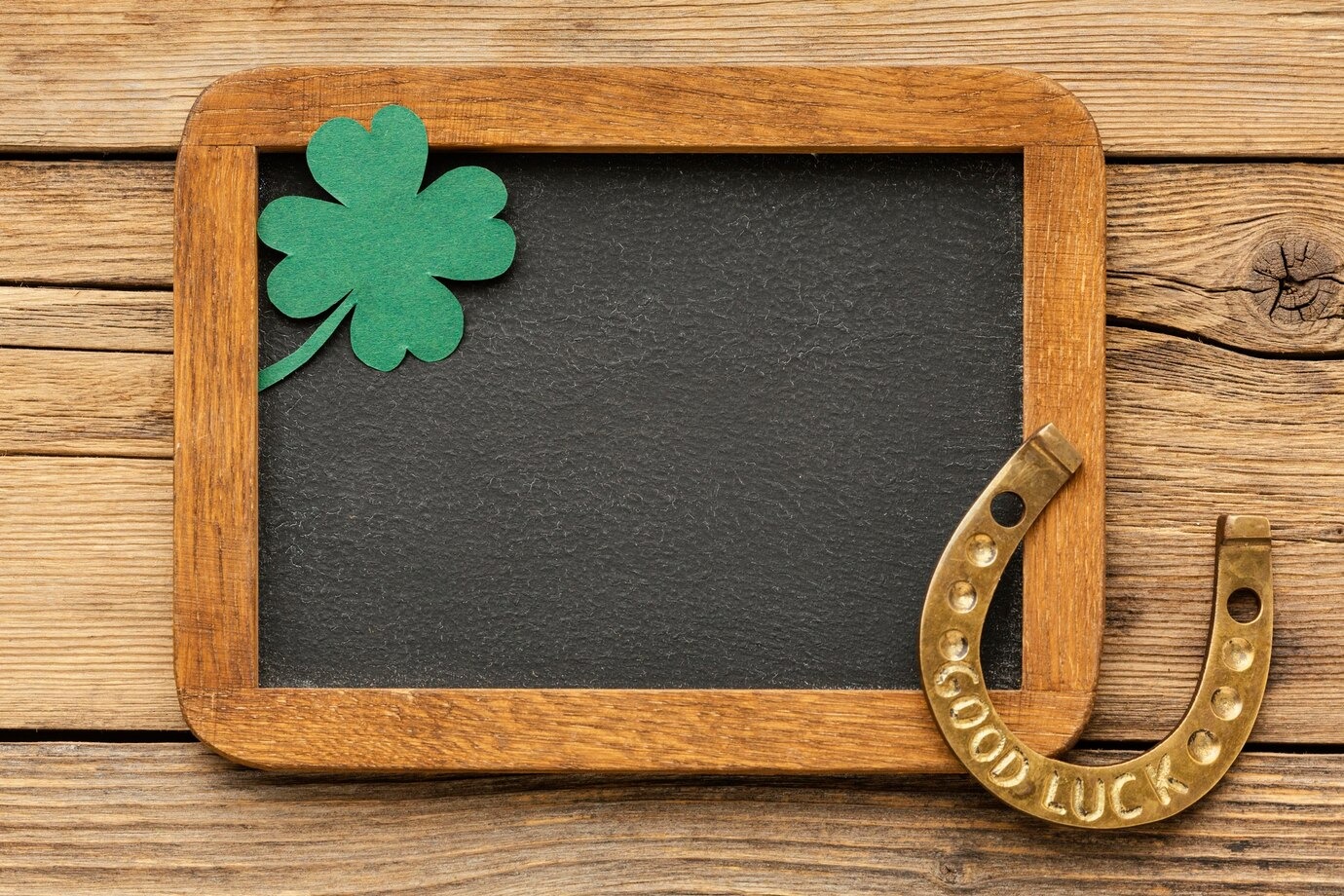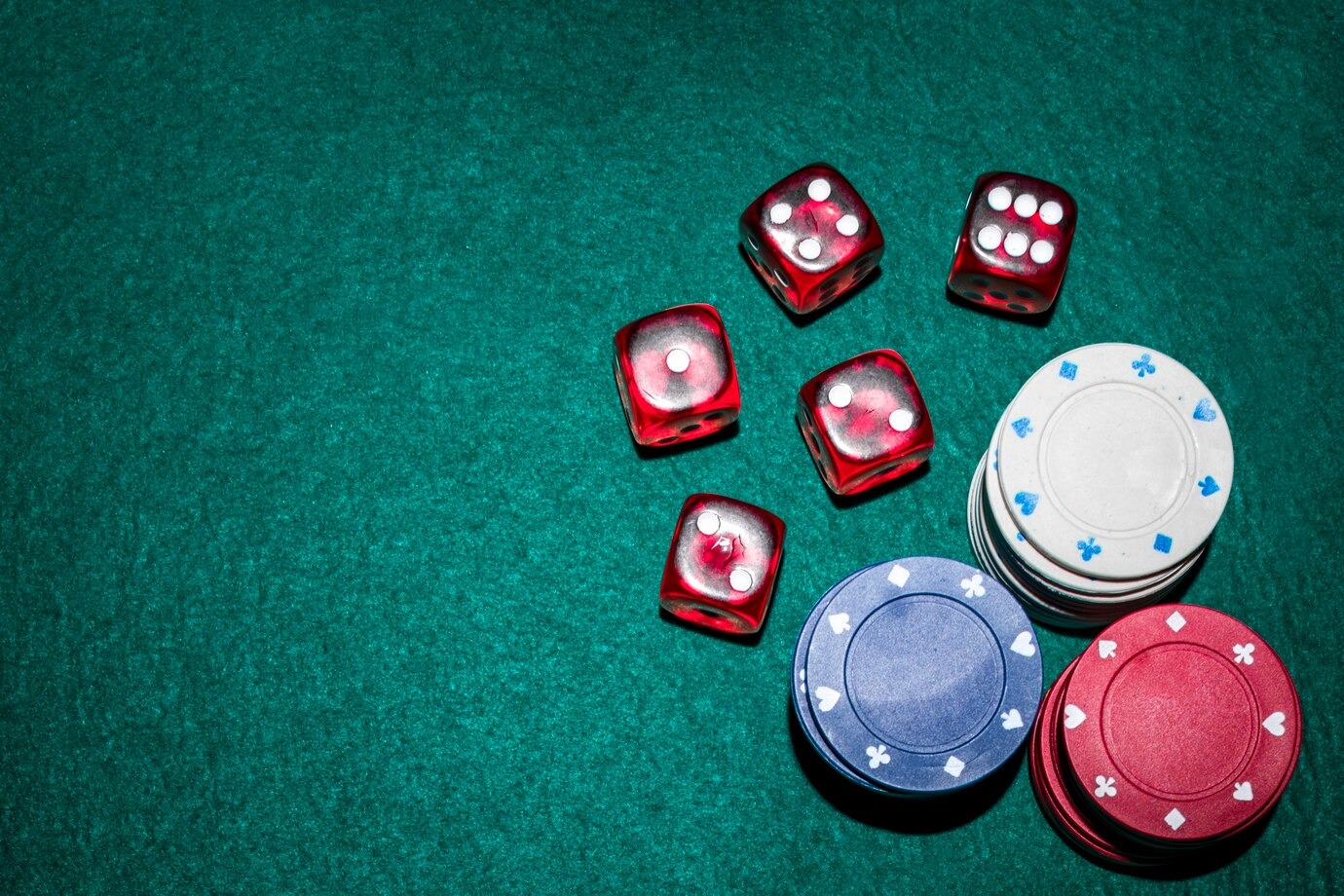Superstition is as common in the gambling world as the roll of the dice or the spin of the roulette wheel. Superstitions about colors and intricate rituals to follow before putting a bet have been ingrained in gambling cultures all throughout the world.
What, nevertheless, motivates these beliefs? Are they only innocuous eccentricities, or do they have deeper psychological meanings? In this investigation, we take a look at the intriguing world where gambling and superstition collide, learning about the history of these customs and how they affect gamers everywhere.
Unraveling the Origins
Due to ingrained customs and cultural beliefs, superstitions surrounding gambling are almost as old as the game itself. From ancient China to medieval Europe, gambling has been associated with rites, symbols, and omens that are thought to affect one’s fate and destiny.
For example, in China, the color red denotes success and prosperity, and the number eight is especially fortunate. These cross-generational and cross-cultural they still influence gambling behavior today.
However, what drives people to adhere to superstitions in a high-stakes setting like a casino? Psychology sheds light on the issue by proposing that they function as a kind of control under unknowable circumstances.
People turn to rituals or beliefs that offer a sense of control or order when confronted with the unpredictable nature of gambling. They are fed by the psychological demand for control and the attraction of possible winnings in the gambling culture.
One cannot overlook how contemporary platforms have shaped the narrative surrounding superstition and gambling within this tapestry of human behavior and belief. Within this framework, websites such as kakekmerah4d appear as nodes within the larger network of online gambling culture.
Online platforms offer a digital sanctuary where players can indulge in their beliefs and rituals from the comfort of their homes, much as traditional ones provide players a sense of control and order in the chaos of the casino.
Superstitions Across Continents

Gamblers follow a wide range that they believe will tip the odds in their favour, from the busy casinos of Macau to the energetic streets of Bangkok. Due to its positive meanings, the number eight is highly respected in China, which makes wagers and stakes using this number more popular.
In a similar vein, cleansing practices are widely believed to have the ability to fend off bad luck in Japan, where people often cleanse themselves before entering a casino or placing a wager.
In Europe, they still abound despite the evolution of gambling from mediaeval games to opulent casino experiences. Numerous superstitions, including the conviction that holding a fortunate charm or crossing one’s fingers might affect the result of a game, have their origins in antiquated folklore.
Despite the lack of physical rituals associated with online gambling, players nonetheless follow them virtually. Examples of this include choosing lucky numbers or wearing lucky clothes based on their interpretation of symbolism.
The Influence of Pop Culture
Glamour and intrigue are frequently used to depict gambling superstitions in popular culture. Hollywood films like “Casino” and “Ocean’s Eleven” include characters who use them as a component of their gambling strategy, lending a mysterious quality to the appeal of high-stakes betting and casinos.
These depictions not only capture the fascination that society has with them, but they also help to keep them alive by supporting the notion that belief and ritual can affect luck.
Social media platforms are fertile ground for the spread and gambling rituals in the digital era. Celebrities and influencers frequently tell stories about their lucky charms or pre-game routines, which helps to shape followers’ beliefs and feed them within the online gambling community.
Additionally, players can exchange them, techniques, and seek confirmation for their beliefs in online forums and groups, which further solidifies the importance in contemporary gambling culture.
Navigating Superstition in Gambling

Despite the fact that it can make gambling more enjoyable and exciting, it’s important to treat them objectively. Although there’s nothing wrong with following a lucky ritual or keeping a talisman for good luck, it’s important to keep them in check when making decisions or when it comes to responsible gaming.
Remaining realistically skeptical and acknowledging the influence of randomness on gambling results can assist participants in relishing the excitement of the game without giving in to unreasonable convictions.
Ultimately, the importance of thinking in gambling cannot be overstated, regardless of one’s belief in superstitions. Having a positive outlook that is marked by self-assurance, fortitude, and flexibility might affect one’s experience and results when it comes to gambling.
Embracing Diversity
It is clear that superstitions and gambling beliefs are as varied as the civilizations that give rise to them as we travel the world investigating these topics. Although certain superstitions might appear odd or illogical to outsiders, they are deeply ingrained in the communities in which they are practiced and represent generations of custom, folklore, and shared beliefs. Accepting this diversity helps us see the complex tapestry of beliefs that form our world and deepens our understanding of the human experience.
Fostering Community

Beyond their individual significance, superstitions also foster a sense of community among gamblers, uniting individuals through shared beliefs and rituals. Whether it’s exchanging stories of lucky streaks, commiserating over bouts of bad luck, or seeking advice on which superstitions to embrace, these shared experiences create bonds that transcend geographical and cultural boundaries. In a world often divided by differences, superstitions serve as a common thread that connects people across continents and generations.
Linking the Generations
Superstitions about gambling are passed down from one generation to the next in many cultures, acting as a bridge between the past and the present. These customs foster a sense of continuity and belonging within families, from parents teaching their children the meaning of particular rituals to grandparents telling stories about lucky charms.
Strengthening Individual Beliefs
Even though superstitions are rooted in custom and group belief, they also give people a sense of control and empowerment when faced with uncertainty. In a world where results seem uncontrollable and luck is often illusive, superstitions provide some appearance of control, however false.
Conclusion
Belief and luck entwine in a complex dance between superstition and gambling, influencing players’ experiences globally. Superstitions, which stem from both ancient rites and contemporary myths, have a profound impact on gambling culture and are a reflection of our basic need for order and purpose in the face of uncertainty.
Superstitions, whether accepted for psychological reasons, cultural customs, or just plain fun, provide the gambling world a vibrant new dimension while serving as a constant reminder that while luck may be erratic, the excitement of the game never goes out of style.
 HQ Grande Prairie HQ Grandie Prairie is an online news portal aimed at providing latest day to day happenings of the World to its viewers.
HQ Grande Prairie HQ Grandie Prairie is an online news portal aimed at providing latest day to day happenings of the World to its viewers.

